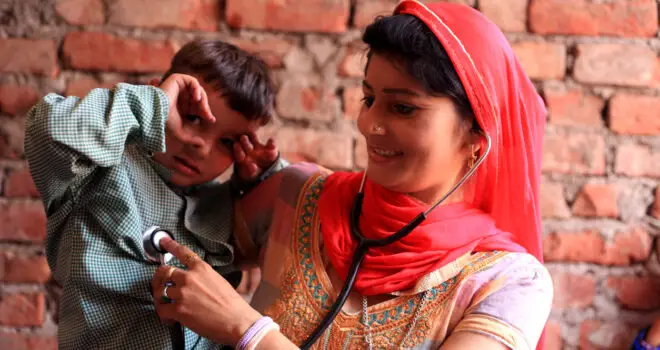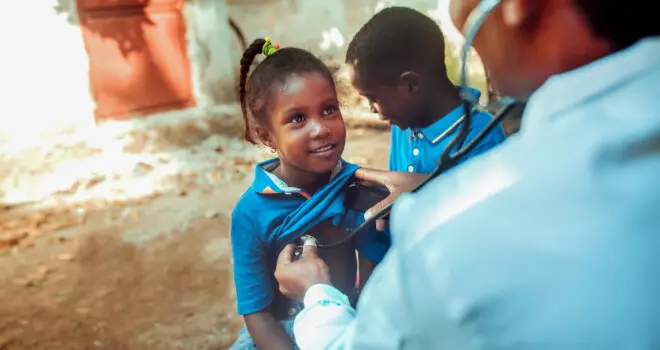This is a statement made at the 75th Session of the World Health Organization RCM for the SEARO Region.
Honourable Chair, distinguished delegates,
The World Heart Federation, supported by South East Asia Regional NCD Alliance (SEAR NCDA), Healthy India Alliance (HIA) and NCD Alliance (NCDA), welcome the Committee’s report. We commend its recognition of strong and equitable health systems as the foundation for attaining universal health coverage (UHC) and the progress made by Member States in the region towards achieving it.
The 2030 Agenda is the first UN global development agenda to establish action on NCDs, which were absent from the Millennium Development Goals, as a vital element of achieving sustainable development. As Southeast Asian Member States continue to strive toward the prevention, detection and control of NCDs, while continuing to grapple with the adverse impact of COVID-19, the need for urgent action on NCDs, including cardiovascular disease (CVD) is critical. Out of the 4 major NCDs, CVD represents the highest burden of disease in the region, accounting for nearly one third of all deaths, killing 4 million people every year. The economic case for action is also compelling, with the burden of five major NCDs costing the globe USD 2 trillion annually.
Full achievement of SDGs and UHC demands urgent and multi-pronged action on NCDs. This will foster sustainable and equitable health and development. Further, it will guard health systems and economies from the future public health emergencies such as COVID-19, given that people living with co-morbidities are more at danger of adverse COVID outcomes.
To help SEARO Member States achieve progress in reducing their NCD burden and move towards the 2030 goals, we make the following recommendations:
1. Prioritize integration of NCD interventions through multi-sectoral approaches across the health system, and in cross-sectoral development plans recognising the need to address inequities within countries and support vulnerable populations.
2. Strengthen policies and increase resources committed to tackling NCDs through sustainable and cost-effective measures, such as taxes on tobacco and sugar-sweetened beverages; legislation regulating the marketing of unhealthy products to children; comprehensive ban on promotion of alcohol targeting children and regulatory measures to check air pollution.
3. Meaningfully involve people living with NCDs and civil society at large, as key stakeholders for action on NCDs.
WHF, SEAR NCDA, HIA and NCDA reaffirm their support for all Member States in the Southeast Asian Region as they continue their progress towards Universal Health Coverage and the Sustainable Development Goals.


